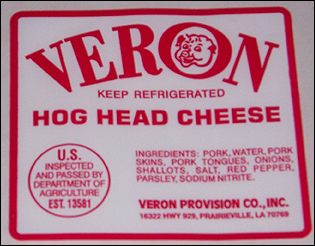Dozens of restaurants, cafes and other eateries in Victoria have copped about $450,000 in fines for breaches of food safety rules.
 Most of the culprits were Asian food venues, which were prosecuted for offences ranging from failure to protect food from contamination by pests to knowingly handling food in an unhealthy manner.
Most of the culprits were Asian food venues, which were prosecuted for offences ranging from failure to protect food from contamination by pests to knowingly handling food in an unhealthy manner.
Offenders caught by council health inspectors are “named and shamed” on a state Health Department website for a year.
About 30 businesses are listed for convictions recorded over the past 18 months.
Former Southbank restaurant Olla Messa was fined $90,000 in April last year for poor storage of food and failing to keep out pests.
A court was told the City of Melbourne temporarily shut down the eatery after two patrons complained of an infestation of cockroaches.
An inspection of the restaurant found an unsealed grease trap and live and dead cockroaches “throughout the premises.”






 The New South Wales Food Authority
The New South Wales Food Authority